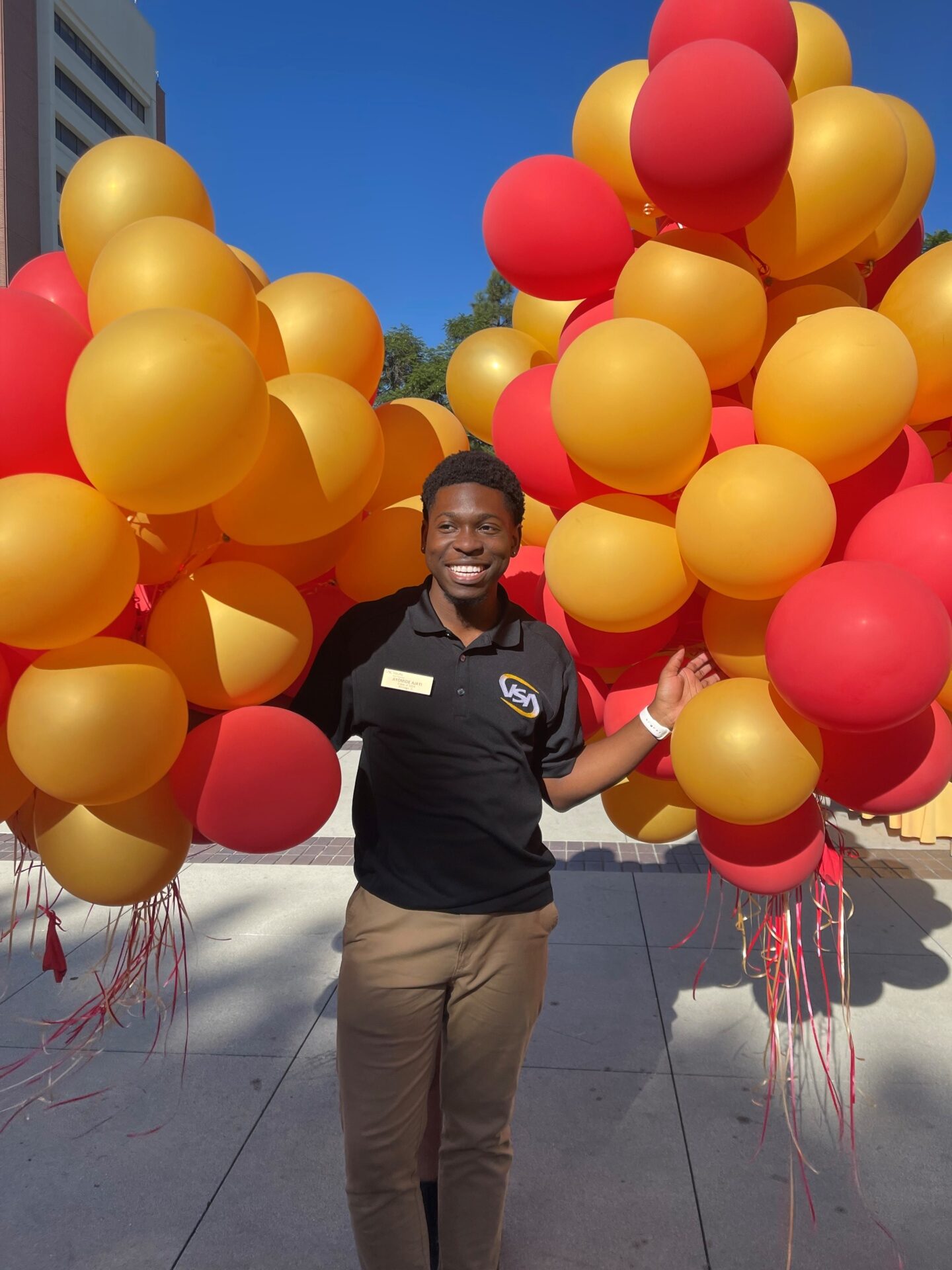Industrial and Systems Engineering is an ever-evolving discipline at the crossroads of statistics, engineering, and management. To me studying industrial and systems engineering gives you the tools and encourages the mindset to further analyze, design, and optimize any process or system.
What I do as an Industrial and Systems Engineer at the University of Southern California
My journey began with Chemical Engineering, however after further research and in-class instruction I found a passion for understanding how processes and systems work to improve them. This guided me toward the thus far fulfilling major of study in Industrial and Systems Engineering (ISE).
In ISE, you’ll encounter a blend of courses teaching coding, database systems, human factors and ergonomics, optimization strategies, and statistics. My academic journey in ISE unfolded through courses like “Solving Computer Problems with Programming” (ISE 150), “Introduction to Probability Modeling” (ISE 220), and “Database Systems Concepts, Design and Implementation” (ISE 382). These courses weren’t just about theory; they were a practical exploration of how to make systems operate seamlessly from a variety of applications. One of the standouts of USC’s ISE program is the flexibility. Technical electives open up a world of possibilities, allowing students to tailor their education to their interests. This allows students to understand Industrial and Systems Engineering beyond the traditional engineering courses, exploring accounting to understand financial operations better or human work factors and ergonomics.
Last summer, my USC education came to life during an internship at Deloitte. Working on Cyber and Strategic Risk, first hand I was able to see the real-world application of the knowledge I gained in ISE outside the four corners of a classroom.
Community within Industrial and Systems Engineering
Within the ISE community at USC, the Institute of Industrial and Systems Engineers (IISE) plays a pivotal role. This student organization hosts events that bring industry professionals to campus and foster student community within the department. The IISE events aren’t just about networking; they create a sense of camaraderie among students, turning classmates into a supportive community. The ISE family at USC is full of students who are willing to offer mutual support and interestingly the graduating class in ISE is typically larger than the incoming class as people discover more about the major and decide to join.
A unique aspect of ISE at USC is the faculty and their extensive industry experience. They aren’t just educators; they serve as mentors, offering valuable insights into life after college in Industrial and Systems Engineering. I have found this one of the most enriching benefits of studying ISE at USC because the guidance of my professors has allowed me to best navigate through this discipline of engineering as it encapsulates many different industries.
If any of this sounds interesting to you, I encourage you to look into this major and see if it’s right for you. As the field continues to grow Industrial and Systems Engineering as a discipline will continue to grow in the workforce as we cover many overlapping fields and have knowledge applicable to many industries.




